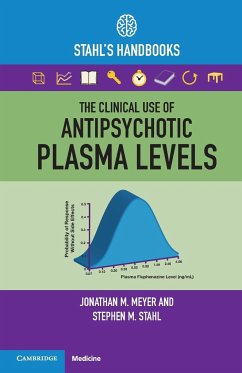
Levels of Analysis in Psychopathology
Versandkostenfrei!
Versandfertig in über 4 Wochen
37,99 €
inkl. MwSt.

PAYBACK Punkte
19 °P sammeln!
This book establishes an interdisciplinary dialogue between leading experts in psychiatry, philosophy, and psychology to explore the range of explanatory approaches for understanding the nature psychiatric disorders both in research and practice. It uses these perspectives to advance etiologic theories, classification, and treatment in the field.














